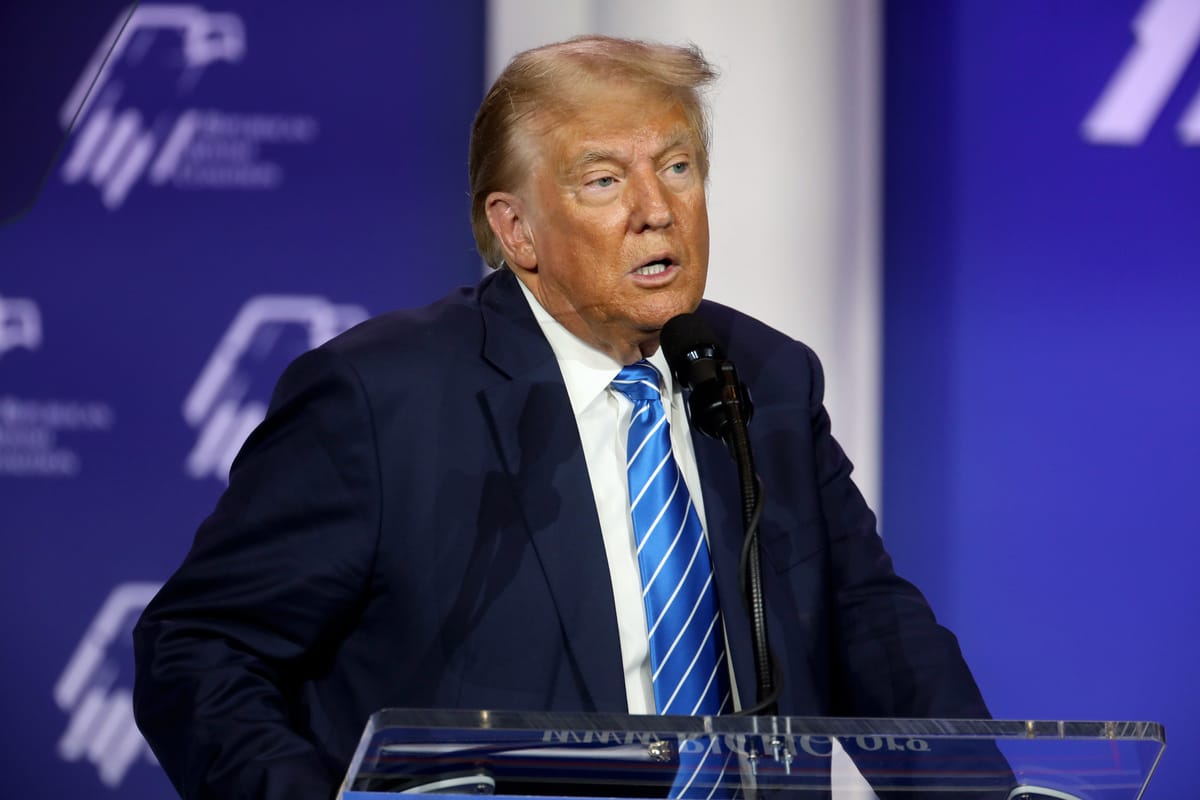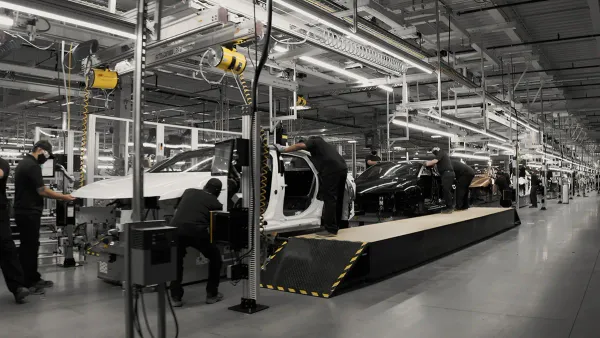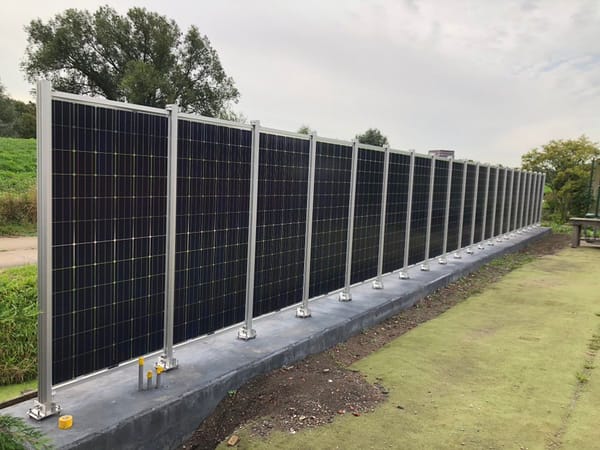Set aside the doomsaying. The American presidential campaign has a long way to go.
For those watching the U.S. from the outside (and the inside) American presidential politics should be taken seriously, but in conjunction with deep breathing exercises.

One of the first things American political operatives learn is to always project a sense of utter confidence. Everyone in U.S. politics is in the sales business and every good salesman knows that when asked, your job is to say, “Yes. We can do that.”
And because the U.S. political system is a duopoly, Democrats and Republicans, with no real third party asserting itself, every statement made by the two parties is thrown into sharp relief – either it’s absolutely true, or totally false. Even if a statement by one party is factually true, the opposing party will assert it as false.
The term for this is gaslighting, to which some Americans have become inured, but many – for instance most Fox News and MSNBC viewers – submit to deception. The result is that everything political in the United States seems immediate: There’s a disaster, crisis, or joyous resolution right around the corner, if only this one thing were to happen. The trouble is, that one thing is never really about to happen, and there’s plenty of other things that have to happen along the way.
I learned my political cynicism early, first as a teenaged volunteer in local Chicago elections and then as a junior staffer in two American presidential campaigns in the 1990’s. Later, I practiced and polished my cynicism as a manager of dozens more local campaigns. As time progressed, professional political operatives were the only ones I could bear talking to about politics, because normal people misunderstood the uncertainty of everything politics, and political operatives like me were paid to seem certain.
Lately, there’s been heart palpitations among progressives when it comes to President Joe Biden’s possibility for reelection, aggravated by challenger Donald Trump’s string of anti-climate and anti-Europe statements. This last week European newspapers have been abuzz with concern that Trump will dump NATO, while American publications have reported his allies’ plans to dump Biden’s climate-friendly policies.
My old politico experience suggests these reports should be remembered, but set aside for awhile. Politics is full of twists and turns, and American elections are still nine months away. For instance, in September 1996 it seemed like Republican presidential candidate Bob Dole, often tarred as “too old” at 73 (but still younger than both Trump and Biden today), was surging in the polls. And then, he fell off a stage. Despite the fact he suffered little more than a few bruises, the fall led to a collapse in his popularity, and then-President Bill Clinton cruised to reelection.
For those watching the U.S. from the outside (and the inside) American presidential politics should be taken seriously, but in conjunction with deep breathing exercises. Lots can happen between now and election dway and most of it is totally unpredictable.
This year’s U.S. political calendar is full of possible falls for both Biden and Trump. Sometime this summer or autumn Donald Trump’s federal criminal trial for the January 6 insurrection will get underway, which could lead to his conviction. Joe Biden will have to endure a continuing flood of illegal immigrants over the Mexico border, and both will likely suffer some kind of event demonstrating their increasingly aged condition.
Both candidates will likely take it easy this spring and summer, as in-person campaigning has little impact on voters so far out from election day. But starting with August’s Republican and Democratic conventions, both Trump and Biden will be expected to shake hands and kiss babies every day and night until the November 5 election. Biden will likely press for a televised debate and Trump will likely try to avoid it. Both will hold televised town halls, innumerable fundraisers and rallies, riding in buses, cars, and planes, moving between venues for most of August, and all of September and October.
It would be exhausting for a thirty year-old, one has to wonder how two men, 77 and 81, will endure the stress. Will they lose their cool? Look older than usual? Fall off a stage? A presidential campaign’s final months are like a championship game: they favor fitness and the cool-headed. Only time will tell who has those qualities.
Like what you see here? Please forward to a colleague.
Items of Note
This UNFCCC-sponsored study of carbon pricing in West Africa reviews schemes under consideration and finds that while most of these countries still need more accounting and accounting infrastructure is needed.
Supposed X/Twitter-killer Bluesky opened to the public last week. Normally I ignore tech promotions, but I’ve found Bluesky to have the most engaged climate discussion on social media these days. It also has great moderation, filtering out much of the tinfoil hat crowd. The feeds #GreenSky and #Climate Politics are both pretty useful for staying up on things. Follow me there too.
Climate News of Note
Feb. 12
Austria looks at early exit from Russian gas deal as reliance on Moscow deepens [Politico]
Feb. 11
IEA and India to start membership talks as Asian energy use rises [Nikkei]
Feb. 9
Indonesian presidential vote highlights tradeoffs between fast growth and a healthy environment [Associated Press]
‘It would be devastating’: inside Trump’s plan to destroy the EPA [Guardian]





